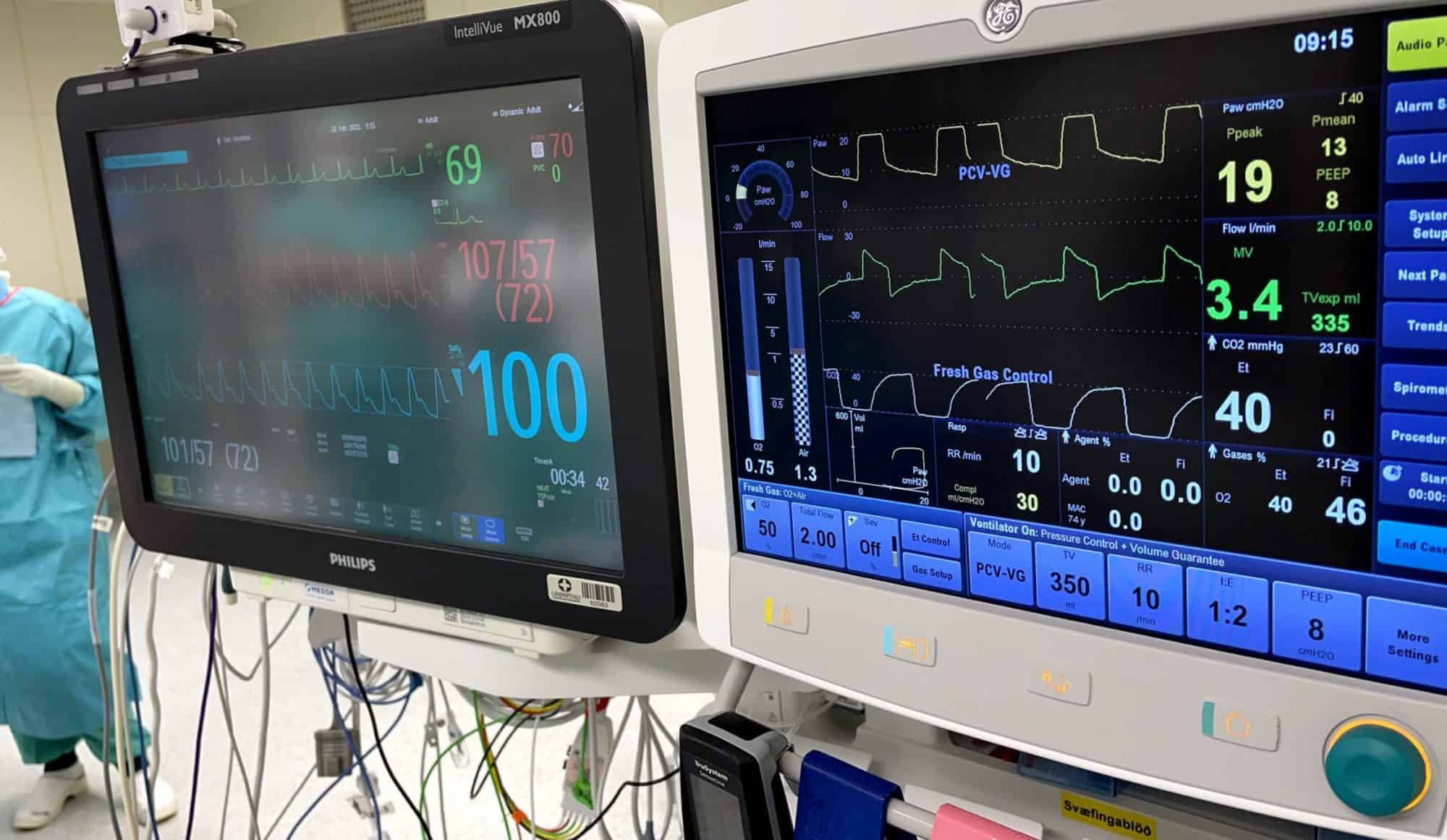Orthopaedic Surgery – Core Learning Outcomes
Learning outcomes:
* To gain knowledge, skills and experience of the perioperative anaesthetic care of patients requiring orthopaedic surgery including the elderly and patients withlong-bone fractures
* To understand the relevance of diseases of bones and joints to anaesthesia
* To be able to recognise and manage the perioperative complications of orthopaedic surgery relevant to anaesthesia
Core clinical learning outcomes:
* Deliver perioperative anaesthetic care to uncomplicated ASA 1-3 adult patients for straightforward elective and emergency orthopaedic/trauma surgery to bothupper and lower limbs, including Open Reduction Internal Fixation [ORIF] surgery [which includes fractured neck of femur], under distant supervision
Knowledge
- OR_BK_01 Recalls/describes the perioperative implications of rheumatological disease, including but not limited to rheumatoid arthritis, osteoarthritis, osteoporosis and ankylosing spondylitis
- OR_BK_02 Recalls the complications of prolonged immobility, including those due to traction
- OR_BK_03 Recalls the problems associated with limb tourniquets
- OR_BK_04 Recalls/explains the potential hazards associated with positioning [supine, lateral, prone, sitting]
- OR_BK_05 Recalls/explains the problems associated with anaesthesia for surgery in the prone and lateral positions
- OR_BK_06 Recalls/describes the pathophysiology, diagnosis and management of specific orthopaedic surgical complications that arerelevant to anaesthesia including but not exclusively:
- * Bone cement Implantation Syndrome
- * Diagnosis and management of fat embolism
- * Upper and lower limb compartment syndromes
- OR_BK_07 Discusses strategies for blood conservation in major orthopaedic surgery
- OR_BK_08 Describes the principles of perioperative anaesthetic care for elective and emergency upper and lower limb orthopaedic surgery, including primary arthroplasty
- OR_BK_09 Discusses the current guidance on early surgical management of hip fractures and the necessary assessment for anaesthesia
- OR_BK_10 Discusses the timing of surgery, and the need for investigations in urgent [surgical] cases with cardiovascular signs
- OR_BK_11 Describes the different surgical procedures for managing hip fractures, the anaesthetic requirements for each and the current evidence for the choice of anaesthetic technique
- OR_BK_12 Discusses the importance of consistent decision making on fitness for surgery in elderly patients
- OR_BK_13Recalls/describes the peri-operative care of the elderly
Skills
- OR_BS_01 Demonstrates the provision of perioperative anaesthetic care for patients requiring orthopaedic surgery to the upper and lower limbs including but not exclusively:
- * ORIF surgery including internal fixation of fractured neck of femur
- * Lower limb primary arthroplasty including patients in the lateral position
- OR_BS_02 Demonstrates sensitive handling of the patient with cognitive disturbance or communication problems
- OR_BS_03 Demonstrates correct assessment and perioperative management of the elderly patient with a hip fracture
- OR_BS_04 Shows sensitive handling of patient with cognitive impairment in anaesthetic room
